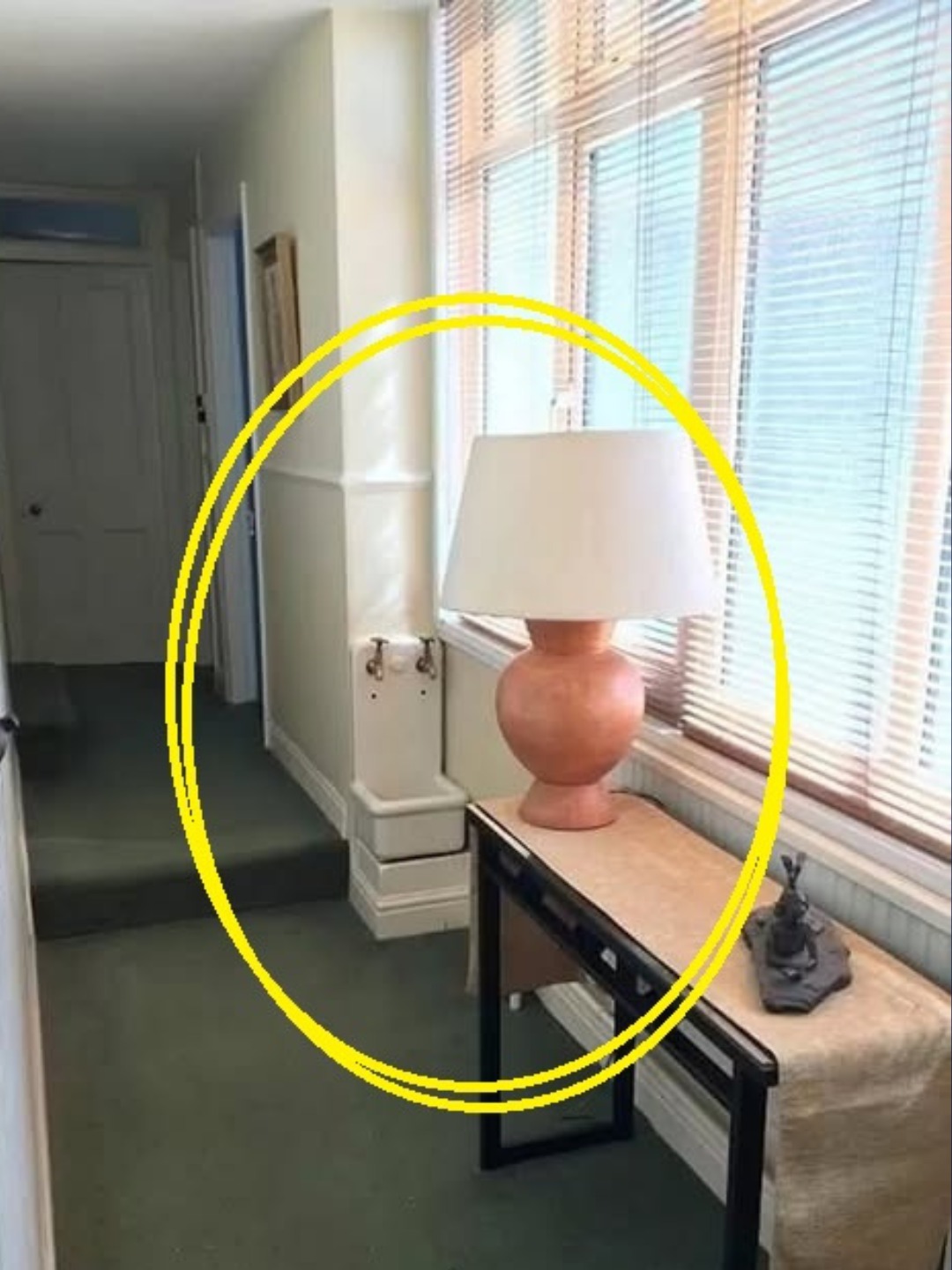Guests didn’t want to walk through private spaces just to clean up
So instead?
They washed in the hallway.
A practical, efficient, and oddly stylish solution.
Why It Was Perfect for the Time
Think of the hallway in older homes — it wasn’t just a passageway.
It was a transition zone .
A place where:
Coats were hung
Boots were removed
Hats were adjusted
Guests were greeted
And in that space?
A small sink made perfect sense.
It allowed people to:
Wash off city dust before entering the home
Rinse hands after coming in from the garden
Splash cold water on their face before dinner
Avoid crowding the main bathroom
It was a pre-bathroom ritual — one that kept dirt and grime from spreading through the house.
The Rise (and Fall) of the Hallway Sink
These sinks were most common in homes built between the late 1800s and early 1900s — a time when hygiene was becoming more important, but bathrooms were still a rare luxury.
Most hallway sinks had:
Two taps (hot and cold)
A small mirror
A shelf or niche for soap and towels
A simple drain
Some were even tucked into nooks or behind doors , making them feel like mini powder rooms.
But as plumbing advanced and bathrooms became more common in every home…
The hallway sink quietly faded into history.
Now, they’re mostly found in older homes , historic renovations , or TikTok videos of people discovering them and asking:
“Wait… what is this doing here?”
SEE NEXT PAGE
ADVERTISEMENT

